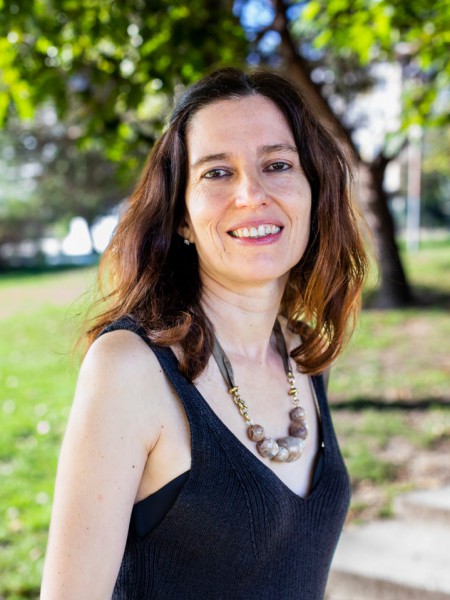abstract
This article reports the successful synthesis and characterization of two types of completely biobased polymers prepared by the polycondensation or polytransesterification of suberin fragments, isolated by different procedures and from two different vegetable sources. These polymerizations were conducted with different experimental conditions in terms of the type of catalyst, the reaction medium and temperature, as well as the molar ratio between the reactive moieties. The ensuing linear or partly crosslinked polyesters were characterized by conventional spectroscopic techniques, SEC, DSC, XRD, DMA, and TGA. These hydrophobic materials represent an original contribution to the growing field of polymers from renewable resources. (C) 2011 Wiley Periodicals, Inc. J Polym Sci Part A: Polym Chem 49: 2281-2291, 2011
keywords
RENEWABLE RESOURCES; MACROMOLECULAR MATERIALS; POLYESTER ELASTOMERS; DICARBOXYLIC-ACIDS; BIOREFINERIES; POLYETHYLENE; DIFFRACTION; POLYMERS; SURFACE; FUTURE
subject category
Polymer Science
authors
Sousa, AF; Gandini, A; Silvestre, AJD; Neto, CP; Pinto, JJCC; Eckerman, C; Holmbom, B
our authors
acknowledgements
FCT is gratefully acknowledged for a doctorate grant to A. F. Sousa (SFRH/BD/38890/2007). The authors wish to thank to 7th Framework Programme FP7/2007-2013, for funding project AFORE: Forest biorefineries: Added-value from chemicals and polymers by new integrated separation, fractionation and upgrading technologies (CP-IP 228589-2). They also thank PNRC of FCT for analytical instrumentation support (POCI 2010, FEDER, REEQ/515/CTM/2005 POCI).





